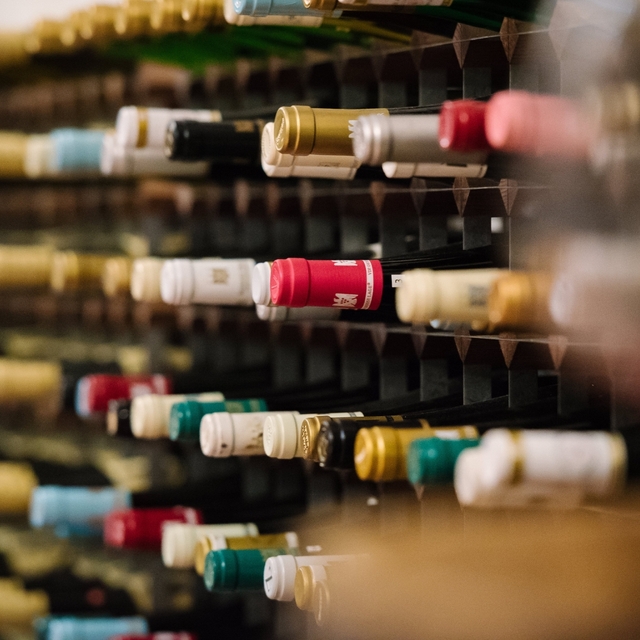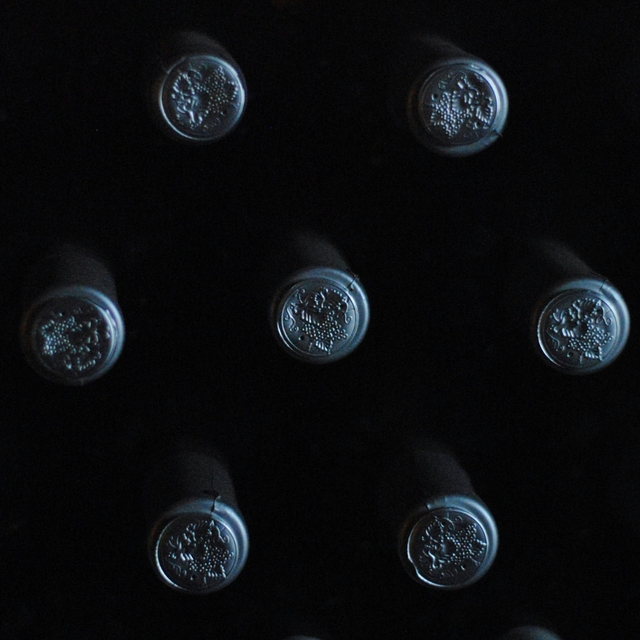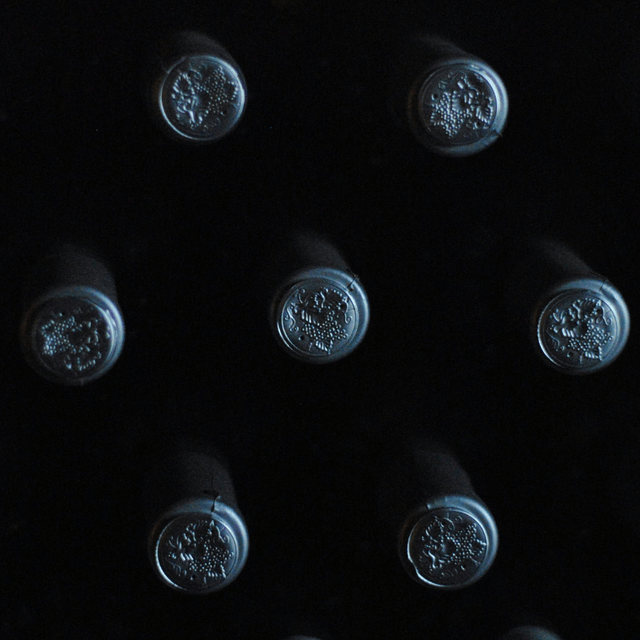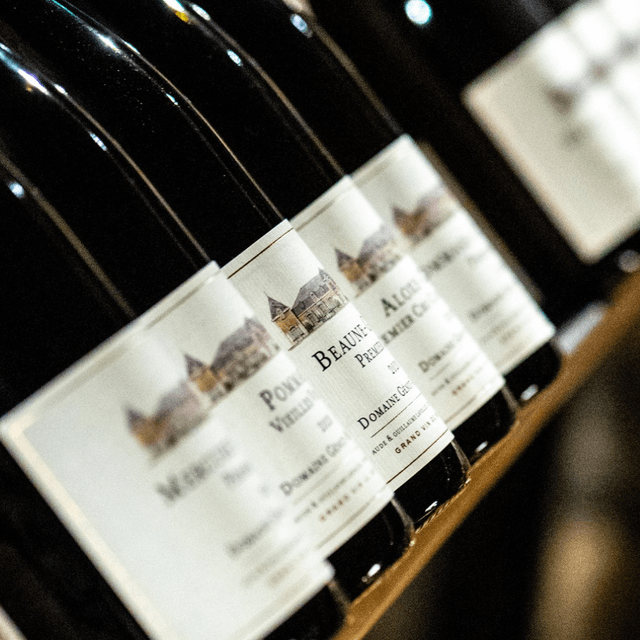EXPLORE COLLECTING
EXPAND YOUR COLLECTION
We’ve curated the highlights of our portfolio. Explore new releases, special offers and exclusive parcels from around the world that are ready to collect.
Latest Offers
Discover our most recent offers on fine wines and rare whiskies
We are delighted to share with you our special offerings, new releases, and exclusive parcels from around the world.
Enquire Now
Fill in your details here to register to receive our flight of special offers. Not only that, but be the first at our upcoming dinners and tastings and stay up to date on the hidden gems among our portfolio.
our sales offices
London
London
Edinburgh
Hong Kong
15th Floor, No 5B-6A
The Centrium
60 Wyndham Street
Central, Hong Kong
JustHongKong@justerinis.com
61 St. James's Street, London SW1A 1LZ
Reg. Company No: 68576
AWRS URN: XPAW00000105319
Please do not share with anyone under the legal purchase age for alcohol.
Drink Responsibly www.drinkiq.com
© Justerini & Brooks 2024. All Rights Reserved.



